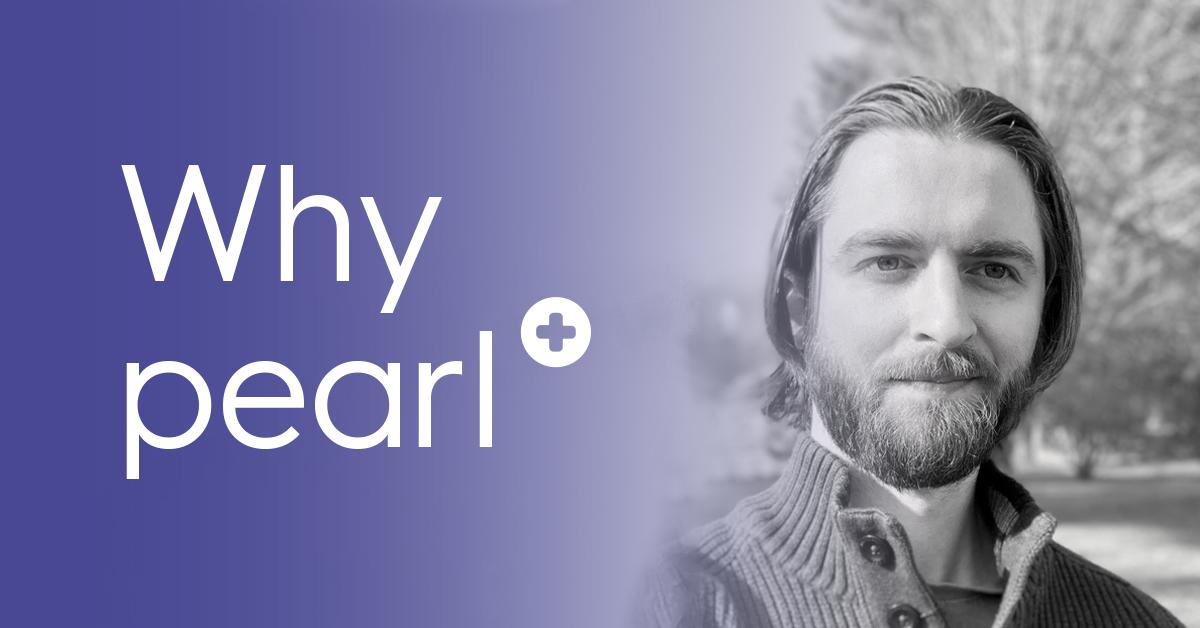Like many of my peers who entered the workforce after the 2008 market crash, I began my career with an eye towards balancing financial security with working for companies that had a positive impact on the economy and peoples’ lives. My personal backstory – I have managed a chronic disease since I was 18 – lent experiential credence to the aphorism that ‘healthcare is broken’, both in terms of financial impact on patients (and the country at large) and navigational complexity. That belief motivated me to join Oscar Health in early 2014.
My time at Oscar informed my view that the private market can engender only so much positive change in healthcare (which is dominated by entrenched interests and monolithic systems) without regulatory catalysts. Oscar would never have been possible without the greenfield market introduced by the Affordable Care Act. For all its shortcomings, the ACA has led to millions of Americans getting better, more affordable health coverage, as well as precipitating a slew of innovative projects like Oscar by expanding the direct-to-consumer healthcare market.
So when my friend and colleague Mike Kopko reached out to me about a new regulatory shift in Medicare, I saw the opportunity for another material improvement in the landscape of US healthcare. Direct Contracting, as the new program is called, empowers Primary Care Providers (PCPs) to evolve beyond volume-oriented financial incentives by converting their Medicare revenue stream into a capitated, steady monthly payment. In conjunction with quality safeguards and exposure to possible savings (and losses), the model frees PCPs to manage their patients as a panel – engaging those patients who require engagement on their own terms, without worrying about the number of office visits or the esoteric characteristics of a visit to ensure it meets billable thresholds. That can translate into proactive patient management and the employment of novel care modalities.
Unfortunately, the average independent PCP has neither the analytic insights to prioritize need amongst their panel, nor the tools to ensure those patients receive the care coordination and management they require. Enter Pearl: by pairing Direct Contracting financial mechanisms with thoughtful tools built around a philosophy of actionable insights and proactive engagement, we can improve the ability of PCPs to have a positive impact on their Medicare patients and help them claim economics more in line with the value they generate in the healthcare ecosystem.
In the long term, Pearl aims to shift the economics of healthcare upstream to the physicians who generate value, whether in the context of government programs or commercial insurance. Not only is this a universal recipe for controlling costs and maintaining quality, but in a system that overburdens and under-compensates physicians (especially PCPs), it is the right thing to do. As Pearl evolves and grows, we intend to expand our product offering to reduce this burden more holistically: from leveraging AI to mitigate ‘screen fatigue’, EMR reliance and the administrative burden of care coordination; to making an increasingly-comprehensive suite of niche solutions available for our providers in an easy-to-access marketplace. In summary, if we can do something to make clinicians’ lives easier and more fruitful, that is part of our mission. I find that to be a powerful proposition and one I hope you’ll join us in achieving.


